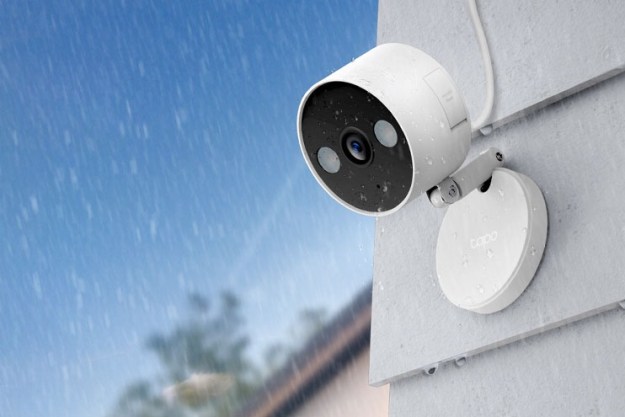
The United States Senate has approved a measure which would extend the prohibition on taxing Internet services in the United States for another seven years. Although the measure must still be reconciled with a different House bill before being sent along for approval by President Bush, observers widely believe the current ban on Internet taxes will be extended.
The current moratorium on taxing Internet services was originally enacted in 1998, and was extended in 2001 and 2004. The current extension approved by the Senate would run for seven years, while an extension passed by the U.S. House of Representatives extends the ban only for four more years. The House bill also only bans taxes on services if they’re incidental to Internet service; under the the House bill, and ISP might be exempt from the tax ban, but (say) a separate email provider might be taxable. Both the House and Senate bills grant exemptions for the nine states which passed Internet taxes before the original 1998 ban went into effect.
There is some legislative momentum to make the ban on taxing Internet services permanent, with New Hampshire’s Senator John Sununu (R) offering an amendment to an Amtrak bill which would make the tax moratorium permanent. Republican Senator Mitch McConnel (KY) has also voiced support for a permanent ban on taxing Internet services. Many legislators see the Internet as a driving force for commerce, as well as education, medicine, and other key services, and say taxes on Internet services could dampen development of Internet services and ultimately damage the competitiveness of U.S. businesses.
The current ban on taxing Internet services expires on November 1.


